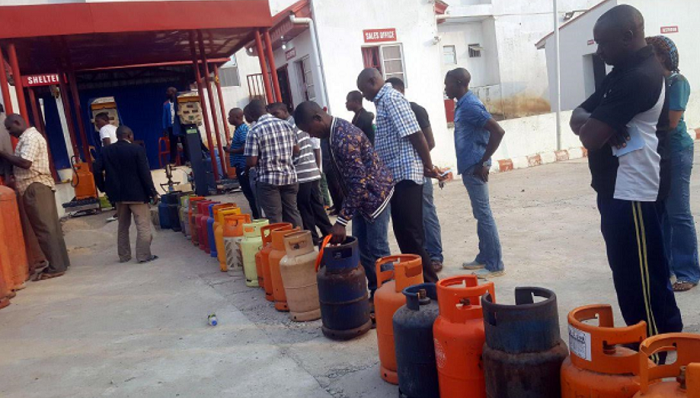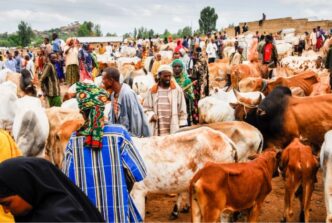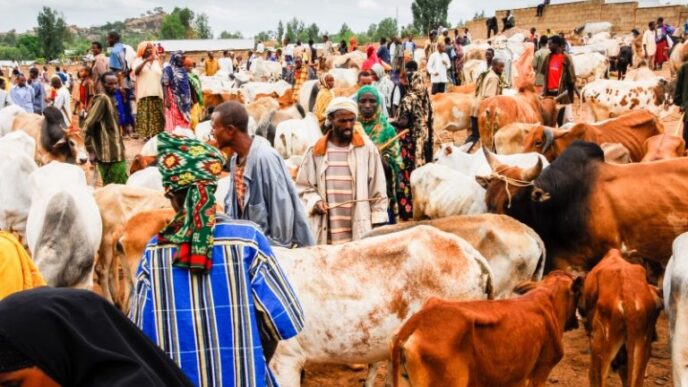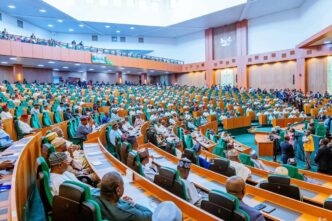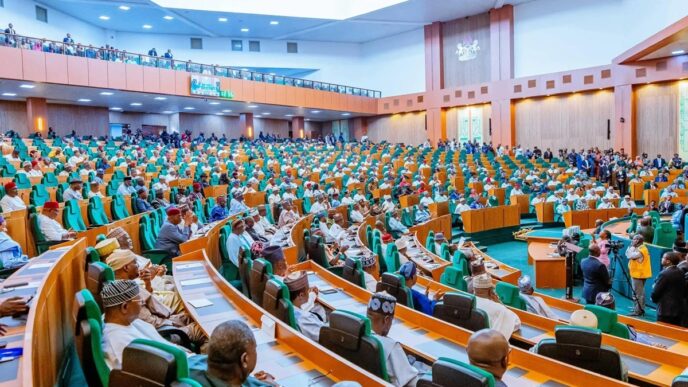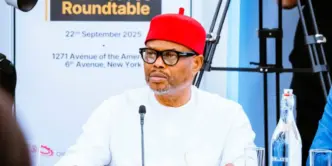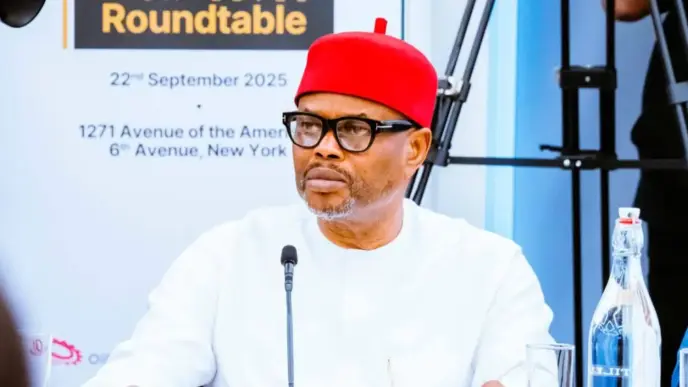The price of liquefied petroleum gas (LPG), commonly known as cooking gas, has soared to ₦3,000 per kilogram in several parts of Lagos, following a wave of supply shortages and rising import costs that have disrupted Nigeria’s domestic energy market.
According to findings by Nairametrics, retail prices across major neighbourhoods such as Ikeja, Surulere, and Lekki have spiked sharply from about ₦1,500 per kg recorded in August 2025 — marking a 100 percent increase in less than two months. The shortage has forced many households and food vendors to scale back usage or revert temporarily to alternative fuels such as charcoal and kerosene.
Traders and depot operators attributed the steep rise to reduced supply from major LPG producers and high international shipping and exchange rate costs. A depot operator in Apapa, who spoke under anonymity, revealed that the dollar shortage and surging freight charges have made gas importation increasingly expensive for marketers.
“Importers are struggling to secure foreign exchange to bring in new cargoes. At the same time, local supply from plants like NLNG is insufficient to meet national demand,” the operator said. “That’s why prices are climbing daily.”
The Nigerian Association of Liquefied Petroleum Gas Marketers (NALPGAM) confirmed the development, warning that prices could climb even higher if urgent intervention is not made. Its Executive Secretary, Bassey Essien, urged the federal government to address foreign exchange constraints and review import levies on LPG to stabilise the market.
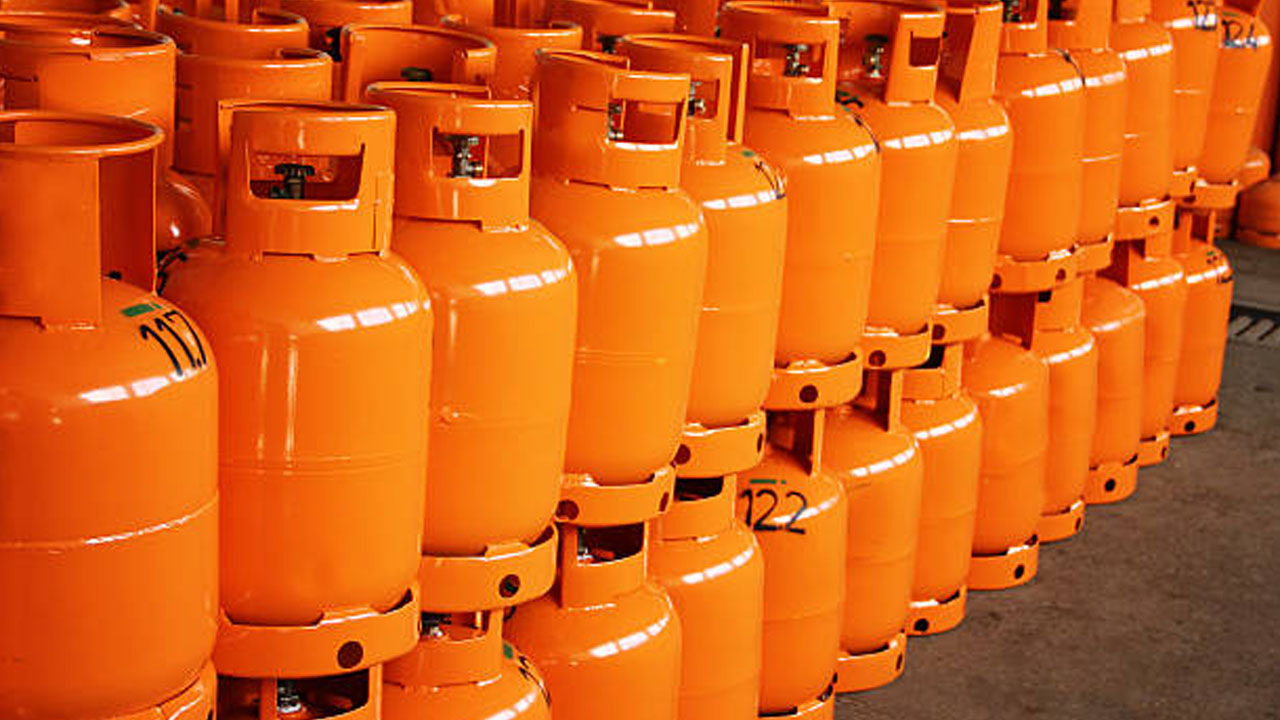
Essien said: “The current price surge is unsustainable. Without government action, millions of households will be priced out of clean cooking energy, worsening deforestation and indoor pollution.”
Residents across Lagos have expressed frustration, with many saying the increase has strained household budgets already weakened by inflation and high electricity tariffs. “I used to refill my 12.5kg cylinder for ₦18,000. Now it costs over ₦35,000. It’s becoming unaffordable,” lamented Mrs Funke Adebayo, a caterer in Surulere.
Energy experts argue that the crisis underscores Nigeria’s failure to fully harness its abundant natural gas reserves. Although the country holds Africa’s largest gas deposits, domestic consumption remains constrained by limited infrastructure, policy bottlenecks, and underinvestment in distribution networks.
Meanwhile, the Nigerian Midstream and Downstream Petroleum Regulatory Authority (NMDPRA) has assured consumers that it is monitoring the situation and engaging suppliers to improve distribution. Officials say efforts are underway to ramp up supply from local producers and ease logistics bottlenecks at ports.
Economists warn that the prolonged shortage could trigger ripple effects on small businesses and inflation, given that cooking gas is an essential commodity for both households and commercial users.


 Trending
Trending 

